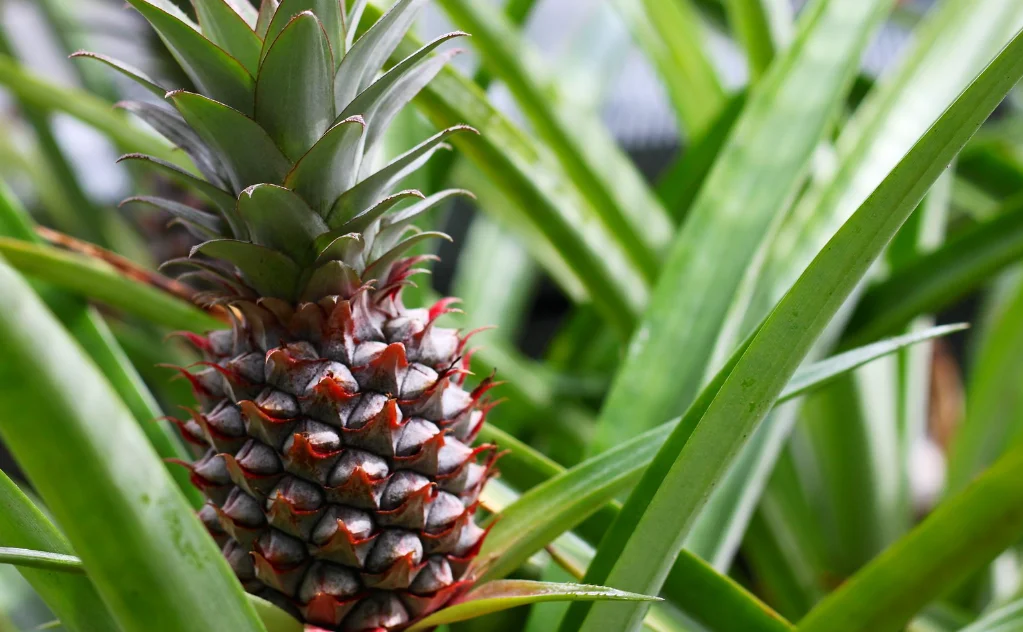
While mindfulness is often linked to practices like meditation, its impact goes beyond relaxation techniques. It’s a valuable asset in transforming our dietary habits and reshaping our relationship with food. This approach empowers individuals to appreciate food in a more conscious and fulfilling manner, going beyond mere sustenance to embrace the experience of nourishment.
Mindful eating goes beyond the typical notions of a diet. It’s a mindset, a mindful approach to nourishing your body. When you practice mindful eating, you’re fully engaged in the act of eating, appreciating the flavors, textures, and sensations of each bite. It’s not solely about the food on your plate, it’s about the entire experience of eating. This involves being present in the moment, making deliberate choices about what and how you eat, and fostering a deeper connection with your food.
Mindful Eating vs. Dieting
Mindful eating stands apart from strict diets that typically revolve around limitations and rules. Instead of fixating on restrictions, mindful eating prioritizes the quality of your eating experiences and tunes into your body’s signals for hunger and fullness. It’s not about rigid regulations, it’s about nurturing a more profound relationship with the food you consume.
Mindfulness to Your Diet
Mindful Eating Practices
There are various practices that facilitate the integration of mindfulness into your eating routine. Techniques like chewing slowly, relishing the flavors of your food, and tuning into your body’s hunger cues are instrumental in fostering this mindful approach to eating.
Techniques for Improved Eating Habits
Mindful eating involves recognizing habitual patterns and transforming them. Techniques like portion control, eliminating distractions during meals, and practicing gratitude for food can significantly impact eating habits.
Mindfulness and Emotional Eating
Addressing Emotional Triggers
Emotional eating frequently arises from feelings of stress, boredom, or sadness. Mindfulness helps us identify these triggers without criticism, enabling us to react with greater awareness and intentionality.
Using Mindfulness to Overcome Emotional Eating
By recognizing and acknowledging their emotions while staying present in the moment, individuals develop a deeper understanding of how emotions impact their relationship with food. This mindful awareness allows them to untangle the link between emotions and eating habits, gradually breaking free from the pattern of turning to food for emotional comfort.
Enhancing Awareness of Food Choices
Developing a Mindful Approach to Food Selection
Mindfulness doesn’t limit itself to the act of eating, it encompasses the entire process, starting right from selecting the foods you consume. Being mindful means consciously considering factors such as nutritional value, the sourcing of ingredients, and how your food choices impact your overall health. It’s about making informed decisions that align with your well-being and the greater good.
Making Conscious Food Decisions
Mindful individuals actively make informed choices that align with their health objectives. This involves comprehending appropriate portion sizes, opting for whole foods rich in nutrients, and introducing diversity into their meals to ensure a well-rounded diet.
Benefits of Mindful Eating on Health
Improved Digestion and Nutrient Absorption
Mindful eating supports improved digestion by enabling the body to actively participate in the digestive process. Moreover, it aids in better nutrient absorption, optimizing the body’s ability to absorb essential nutrients from the food consumed.
Weight Management Through Mindful Eating
Contrary to crash diets, mindful eating promotes sustainable weight management by fostering a healthy relationship with food, reducing overeating, and preventing mindless snacking.
Conclusion
ApplyingIntegrating mindfulness into your approach to eating isn’t about imposing strict dietary regulations, it’s about fostering a conscious and attentive connection with the food you consume. By embracing mindful eating practices, you embark on a journey that not only elevates your dietary habits but also nurtures a deeper, more mindful relationship with the nourishment you choose. This mindful approach extends beyond merely consuming food, it encompasses selecting, preparing, and savoring meals with heightened awareness. Moreover, mindfulness prompts an understanding of how your food choices impact your overall well-being—physically, mentally, and emotionally. It’s about acknowledging the significance of food as a source of nourishment and well-being, transforming eating into a mindful practice that embodies self-care and gratitude for your body’s needs.



